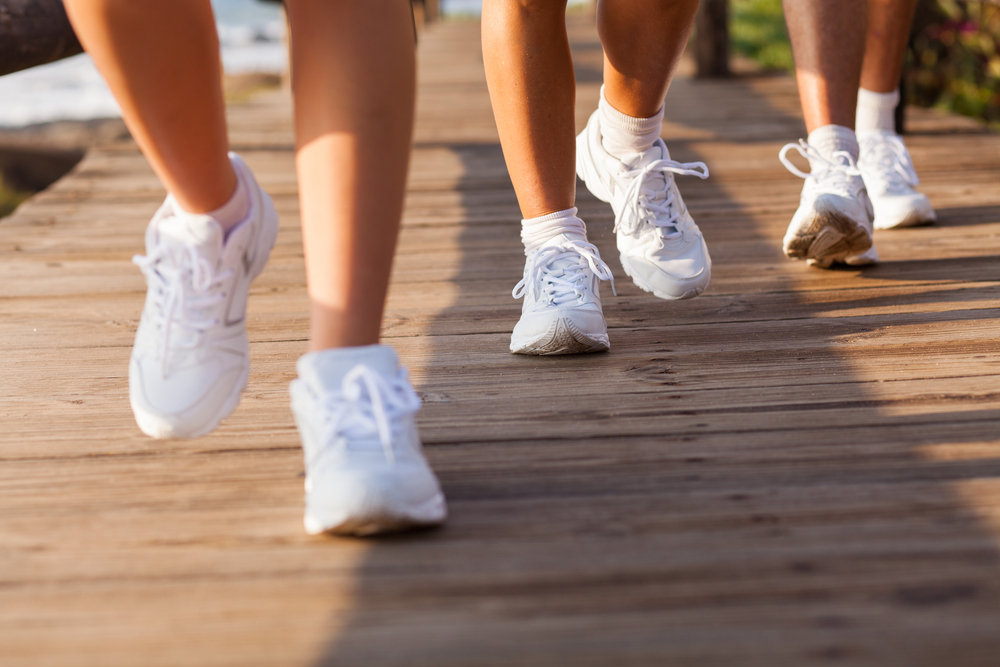Researchers in France Seeking More Myasthenia Gravis Patients for Exercise Study

Researchers in France are recruiting patients for a study to assess the effect of a moderate home-based exercise program on the quality of life and fitness of myasthenia gravis (MG) patients.
The study “The benefits and tolerance of exercise in myasthenia gravis (MGEX): study protocol for a randomised controlled trial” was published in the journal Trials.
Only a few studies have assessing the effect of exercise in myasthenia gravis patients have been performed, mostly with inconclusive results. Exercise has been shown to have both psychological and physiological benefits to the general population and has been proposed for the management of many neurological diseases. So, researchers contend, there is a need for a comprehensive study to assess the role exercise can play in the quality of life of MG patients.
The MGEX study (NCT02066519) sought 42 patients aged 18-70 years who suffer from mild or moderate MG and who were seen at two speciality centers in France. Total duration of the study will be nine months, with the first three months being an observation period to ensure disease stability. Patients will then be assigned to two groups, experimental and control.
The experimental group will perform moderate home-based exercise for 40 minutes on alternate days using a rowing machine. The control group, will not perform any form of organized clinical exercise. Muscular and psychological outcomes will be evaluated at baseline and at three, six and nine months into the trial.
Assessment of primary outcomes will be done using the so-called MGQOL-15-F, which is a scale evaluating the quality of life as perceived by patients through a questionnaire. Subsequent clinical assessment will be performed by neurologists and will include disease course and symptoms. The Myasthenic Muscle Score (MMS) will be used to assess disease severity.
Other parameters that will be measured include strength and endurance, respiratory function, upper- and lower-limb strength, grip strength, walking endurance, electrophysiological measurements and inflammatory markers. Finally, quality of life and psychological tests will be used to assess anxiety, depression and psychiatric disorders, if any.
Recruitment for the study started in October 2014 and is still open because only 32 patients have been included to date. Researchers hope they will reach the target 42 patients soon. Once complete, the results of the study will be made available to participants and will be published for general access.
The researchers wrote that “this is the largest randomized controlled trial to date evaluating the benefits and tolerance of physical exercise in this patient population. The comprehensive evaluations using standardized outcome measures should provide much awaited information for both patients and the scientific community.”






